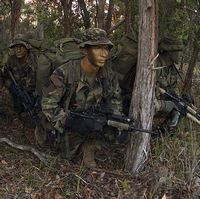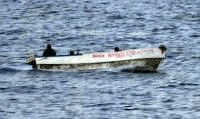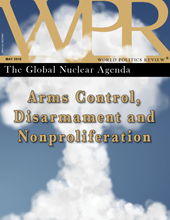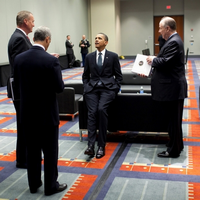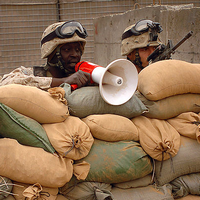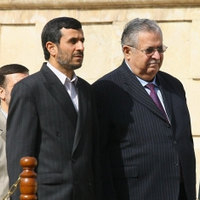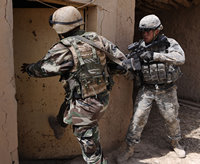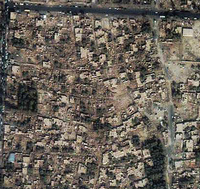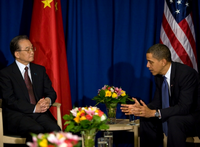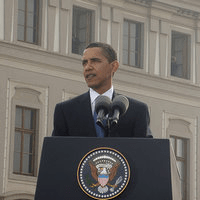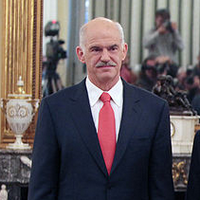
With last year’s swine flu scare already a distant memory, the risk of a new epidemic is spreading across Europe. This time the fears have to do not with the H1N1 virus, but with the debt contagion facing Europe’s PIIGS: Portugal, Ireland, Italy, Greece and Spain. With each of these countries carrying high debt-to-GDP ratios, financial markets are growing increasingly skeptical that Greece’s debt crisis will be successfully quarantined within its borders. The last two weeks have seen downgrades in Greek, Portuguese, and Spanish bonds, tumbling stock markets, and flight from the euro to the safe haven of the dollar. […]

